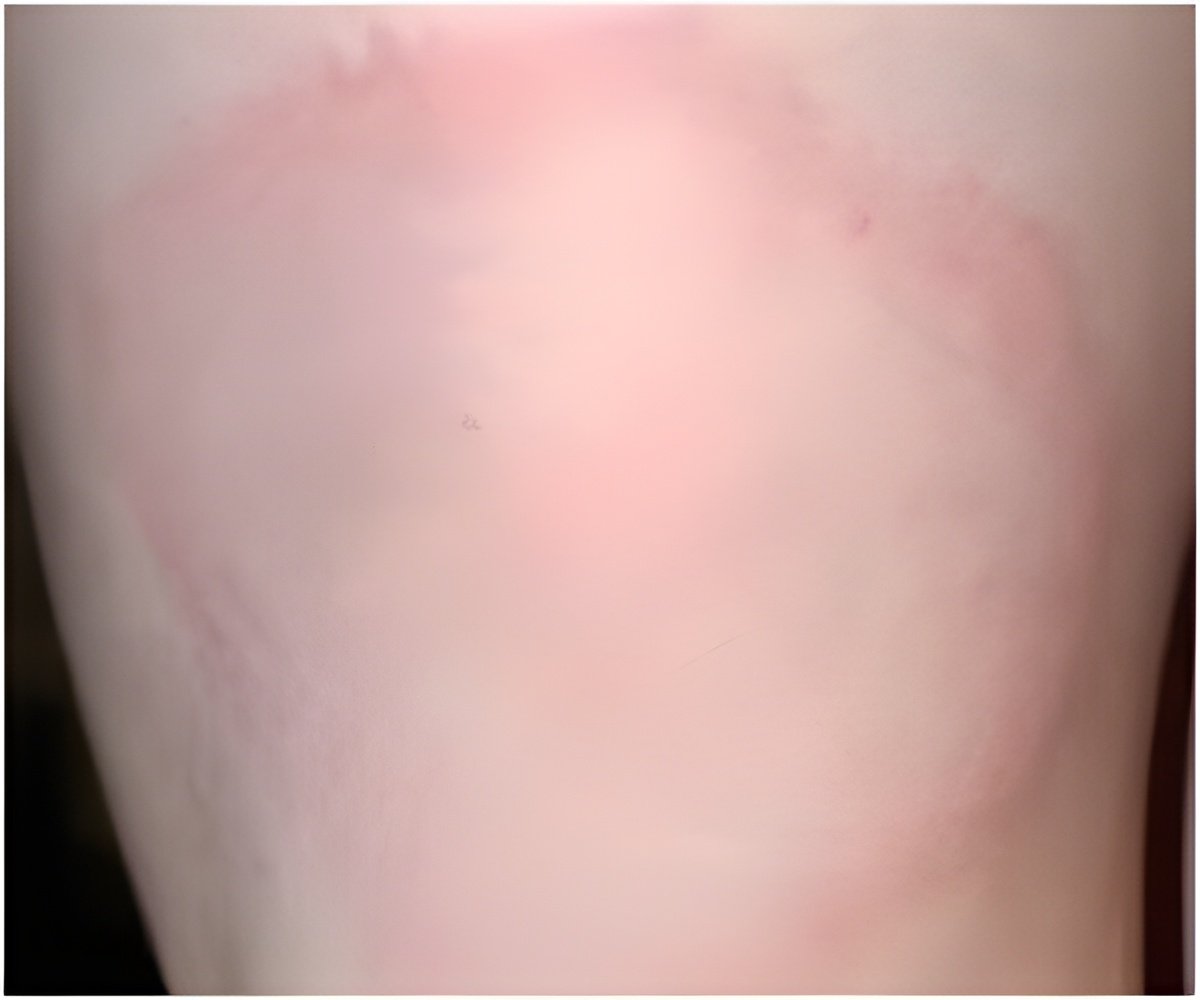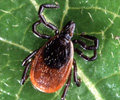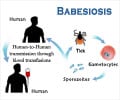In order to understand the spread of Lyme disease, researchers must consider the ecology of all of its various hosts and vectors.

‘In order to understand the spread of Lyme disease, it is important to consider the ecology of all of its various hosts and vectors. Various feathered ticks might be playing a significant part in the story of this potentially debilitating disease.’





As the range of Ixodes affinis expands northwards and overlaps more with that of the human-biting blacklegged tick, the authors predict that having two competent tick vectors may increase transmission of the pathogen throughout the system and lead to an increase in the number of Lyme disease cases in humans. This study adds to a growing body of evidence that indicates that in order to understand the spread of Lyme disease, researchers must consider the ecology of all of its various hosts and vectors. Ixodes affinis and its various feathered hosts may prove to play a significant part in the story of this potentially debilitating disease.
Source-Eurekalert












